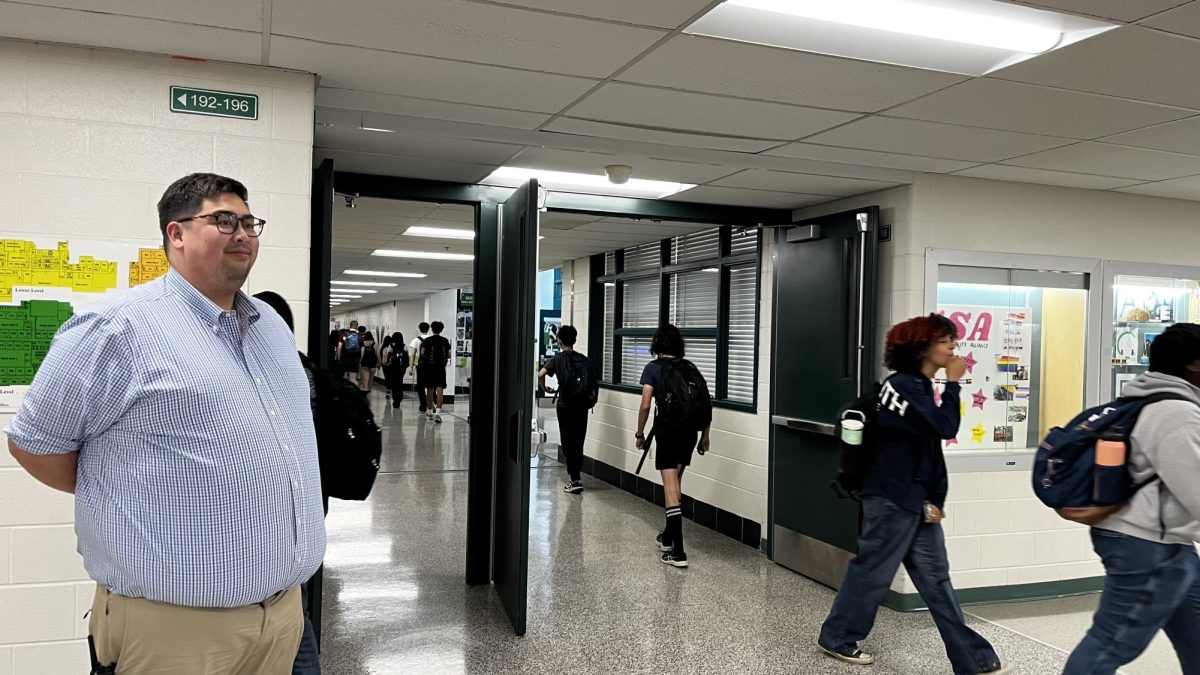If you are a student at WJ, chances are you have taken at least one Advanced Placement (AP) class after having received some encouragement to challenge yourself from teachers, your parents, and peers. You also may be aware that AP classes can eventually get you credit in college, if you score a 4 or a 5 on the AP exam, and will generally help you prepare academically for the future.
However, that aspect has been questioned over the last few years.
Many prestigious schools, such as Columbia University and Dartmouth College, have made it harder for incoming students to test out of certain classes if they have high AP scores.
Not everyone views Advanced Placement courses as useless, however.
Teacher Steve Miller believes that APs can potentially help students. He instructs students in AP United States Government and Politics, AP Macroeconomics and AP Microeconomics.
Miller believes that most of his students are engaged, and students should seek the advantages APs can give them.
“[Students] should take as many [AP classes] as they want to, but they need to understand… the benefit they get from it,” Miller said.
He thinks that advanced courses adequately prepare high school students for college classes.
“[AP credit] is especially important now, with the county getting rid of final exams, an AP class is the closest thing to a high-stakes test,” Miller said.
Sophomore Emily Kraft also sees AP classes as rewarding, in addition to fascinating.
“APs are useful and interesting, but they’re a ton of work,” Kraft said, who is in the APEX Scholars program and is currently taking three APs, after taking one the previous year.
She thinks that colleges should take AP credit, but students should not take them solely for that incentive.
“They’re a lot of work, and they can be really boring if you don’t like the subject,” Kraft said.
Senior Carter May echoes this sentiment.
“Each student should do what they are comfortable with,” May said, regarding AP classes. He has taken a total of eight in his high school career, and is currently taking three.
He believes that the courses are mainly for credit.
“For me, AP courses are a great way to earn college credit, so I would say that is their primary purpose,” May said. He thinks colleges should continue accepting AP credit.
“I think colleges should accept AP credit as much as possible to incentives rigorous high school curriculum and make college more accessible,” May said.
In contrast, Miller does not think colleges should always accept AP credit.
“It’s variable for good reasons,” Miller said, citing how some schools may make a student take an introductory course for their major, even if that student scored well on the AP exam for that subject.
Whether or not universities will be giving students merit for their high school classes, APs seem to be here to stay and for many students to take.








